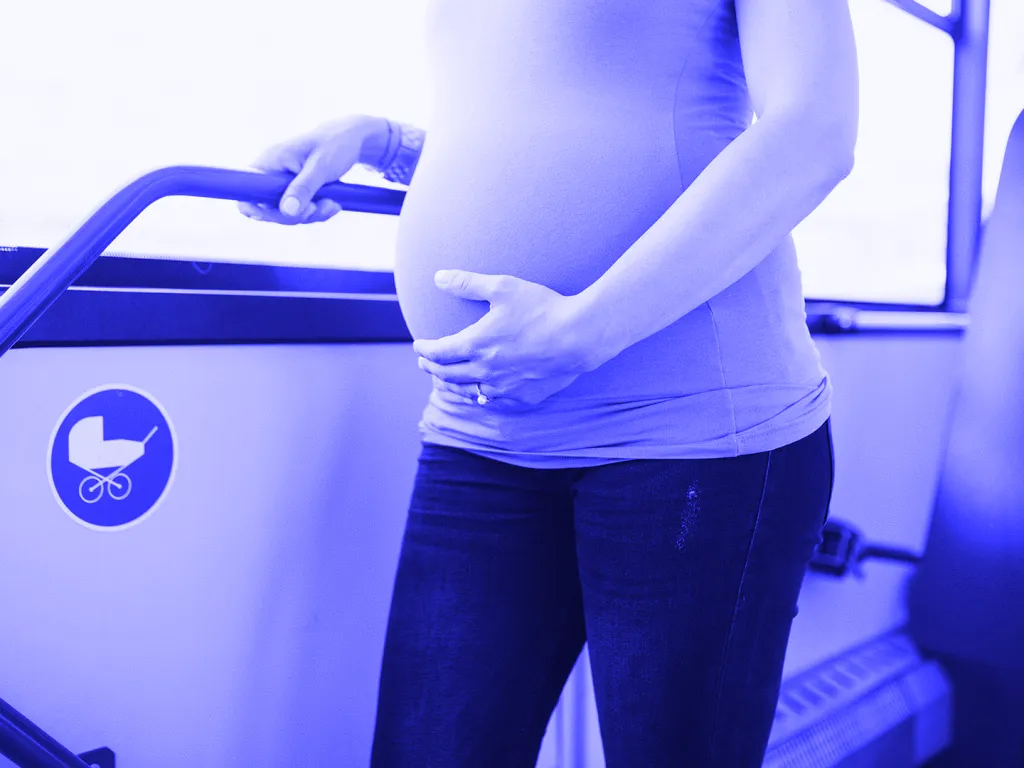Table of Contents
Labour MP Rupa Huq has today introduced an amendment to the Police, Crime, Sentencing and Courts Bill that would introduce censorship zones around abortion clinics nationwide.
Potential jail sentences of up to two years will be introduced for people who attempt to advise, persuade, or otherwise express opinion outside abortion clinics and hospitals offering abortion.
Huq recently attempted to introduce a similar Bill through the Commons, but it failed to pass after its Second Reading last September. While September’s Bill had a low chance of becoming law, this amendment, if passed as part of the Police, Crime, Sentencing and Courts Bill, has a much higher chance of becoming law.
In April 2018, the Council within Huq’s constituency of Ealing unanimously approved the implementation of such a buffer zone, the first of its kind in the UK. The Council decided to renew this decision in February 2021.
If passed, this amendment would not only prevent and criminalise the offering of practical and emotional support to women entering abortion clinics across England and Wales, but would threaten anyone implicated in such activities as liable for a prison sentence of up to two years.
Unnecessary legislation
In 2017, former Home Secretary Amber Rudd launched a review into the scale and nature of pro-life vigils outside abortion clinics to establish if the Government would recommend the introduction of censorship zones. In the investigation, continued by the succeeding Home Secretary Sajid Javid, over 2,500 responded to a call for evidence, including abortion service providers, abortion service clients, those engaging in pro-life vigils, police forces and local authorities.
In 2018, Sajid Javid announced that the Home Office could not find adequate reason to introduce censorship zones, stating that: “…introducing national buffer zones would not be a proportionate response, considering the experiences of the majority of hospitals and clinics, and considering that the majority of activities are more passive in nature. In making my decision, I am also aware that legislation already exists to restrict protest activities that cause harm to others”.
Opposition to censorship zones
Opposition to censorship zones extends beyond pro-life advocates to unite a large part of society who may not agree with the pro-life position on abortion but who oppose censorship zones as a threat to freedom of speech.
Despite supporting abortion, a number of prominent human rights groups and campaigners have spoken out against the introduction of censorship zones. These include Peter Tatchell, the Manifesto Club, Big Brother Watch, Index on Censorship and the Freedom Association.
The Be Here for Me website highlights just a few of the many stories of women who have been helped by people outside abortion clinics, and the stories of women who could miss out on such support in the future.
Right To Life UK spokesperson, Catherine Robinson, said: “By attempting to prevent women considering abortion from receiving compassionate emotional and practical support, the ‘pro-choice’ lobby reveals their opposition to real choice for women”.
“Not only would this amendment set a chilling precedent for pro-life and all other forms of peaceful demonstration, but it is completely at odds with the opinion of the British public, 85%of which agree that “the right to free speech, even when we disagree with what is being said” is a valuable liberty which is important to defend”.
“Given that Dr Huq’s own admission that “terminating a pregnancy is one of the most difficult and harrowing experiences a woman can go through”, why then is she, and many of her colleagues, seeking to criminalise the peaceful expression of opposition to her views, through which many women have found help and support?”

Please share this article so that others can discover The BFD.









